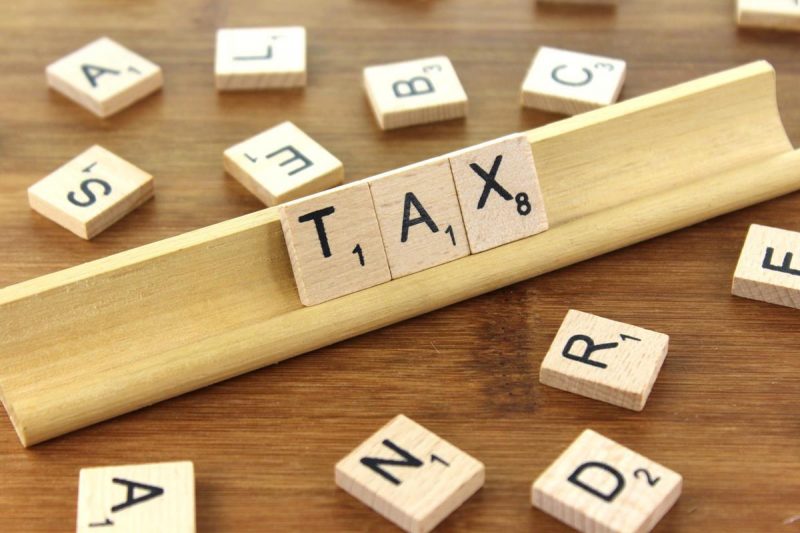Most states were against the increase in GST rate in the 38th GST Council meeting yesterday. States thought that a hike in the GST rates would harm the economy which is already facing a slowdown. On the other hand, the state finance ministers were worried about a reduction in the GST collection.
Also, there were concerns raised over the delay in the payment of the GST compensation. The 38th GST Council meeting was considered crucial from the viewpoint of boosting the economy. The GST Council is headed by the Union Finance Minister and includes the state finance ministers, and is responsible for deciding indirect tax rates.
The Council meeting for the first time headed for voting to fix up a single GST rate on lotteries as there were no signs of an agreement. The state ministers emphasised on streamlining the GST revenue collection. They thought that a drop in the GST collection was due to a slowdown in the economy and not lower GST rates.
According to the states, a change in the slab or an increase in the GST rate is not suitable now as it can prove to be a pain point for the enterprises. Hence, the states wanted the Council to streamline the process of GST collection and cover all loopholes in the process and thereby taking the compliance to the next level.
Also Read: AIFPA Appeals to FM Addressing Dark Side of GST Hike on Food Industry
A revenue augmentation committee officials submitted their report, and it contains suggestions to change slabs and rates. Apart from that, another highlight of GST 38th Council meeting extended the due date for filing GSTR-9 and GSTR-9C for the FY 2017-18 was extended to 31 January 2020; it was earlier 31 December 2019.
A detailed discussion was held on the revenue collection, GST rate, and slabs. More emphasis was given to the compensation of the states. The discussion majorly revolved around the report submitted by a revenue augmentation committee. The revenue collection trend since the implementation of GST was discussed.
Furthermore, a useful discussion was made on expanding the tax base, measures to encourage voluntary compliance and improving filing and collecting taxes. There should be no surprises if automation measures such as e-invoicing, QR code on bills, and new return system come in place.
To share the best practices, Uttar Pradesh and Jammu & Kashmir presented their efforts in improving GST collection. Both UP and J&K have shown good growth in the recent past in terms of compliance. The GST Council called for the implementation of IT to speed up the overall process. The GST Council further recommended the following:
1) Effective 1 January 2020, the GST on long-term leasing of plots for infrastructure will be exempted for those entities in which either Central or State Government have at least 20% ownership.
2) Effective 1 March 2020, a GST at the uniform rate of 28% will be levied on both state-run and authorised lotteries.
3) Effective 1 January 2020, a GST at a uniform rate of 18% will be levied on woven, non-woven and polythene bags or sacks and all other bags falling under HS 3923/6305. It is currently charged at 12%.
To conclude, states want streamlining of the entire GST process and unitedly opposed increasing rates, fearing adverse impacts on the economy.
For any clarifications/feedback on the topic, please contact the writer at vineeth.nc@cleartax.in
Engineer by qualification, financial writer by choice. I am always open to learning new things.





